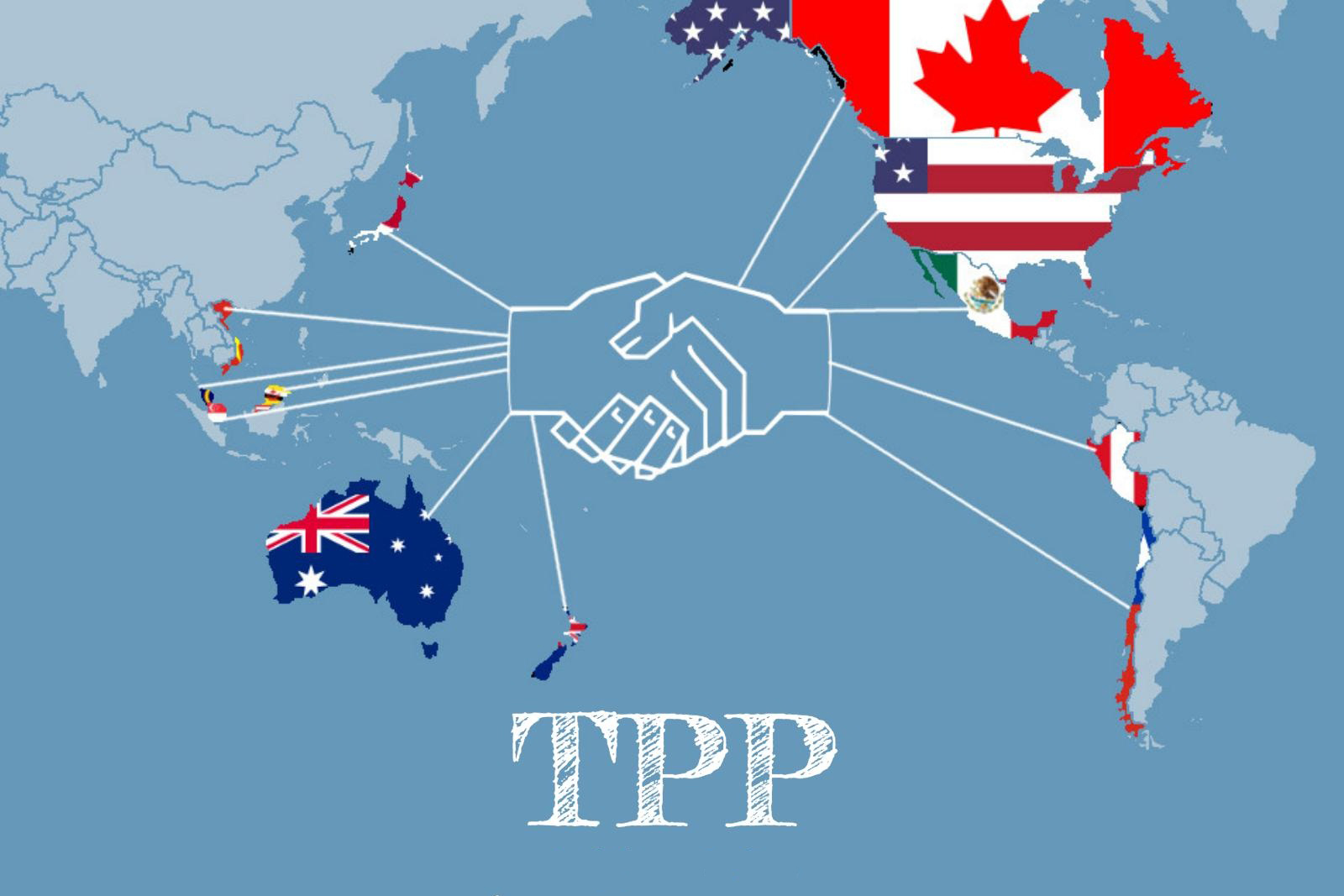The United States of America (USA) is often seen as a leader and a beacon of democracy and human rights in the world. However, the USA's actions in international affairs have been criticized for being hypocritical and inconsistent. The US frequently holds other countries to a higher standard than it holds itself, leading to accusations of a "one rule for us, another for them" approach.
One area where the USA's hypocrisy is often highlighted is in its approach to human rights. The US is a vocal advocate for human rights around the world, and it frequently criticizes other countries for human rights abuses. However, the US has been criticized for its own human rights record, particularly in the areas of race relations and police brutality. The US has a history of discrimination and mistreatment of minorities, and the recent protests and civil unrest have brought these issues to the forefront. Additionally, the US has been criticized for its use of drone strikes and targeted killings, which have resulted in civilian deaths and raised concerns about due process.
Another area where the USA's hypocrisy is often criticized is in its approach to international law. The US frequently calls on other countries to respect international law and the rules-based international order. However, the US has been accused of disregarding international law and flouting international norms, particularly when it comes to its foreign policy. For example, the US has been criticized for using "preemptive" or "preventive" military action, which is considered a violation of international law. Additionally, the US has been accused of violating the sovereignty of other countries by engaging in covert operations and espionage.

Cartoons by davispoliticalreview.com
 |
| credits djilp.org |
In conclusion, the USA's stance on international affairs is often criticized for being hypocritical and inconsistent. The US holds other countries to a higher standard than it holds itself, leading to accusations of a "one rule for us, another for them" approach. Whether in human rights, international law, or trade, the US's actions have been accused of disregarding the very principles it claims to uphold. The US needs to live up to its own values and ideals, as it should be held to the same standard as other countries in the international community.

Comments
Post a Comment